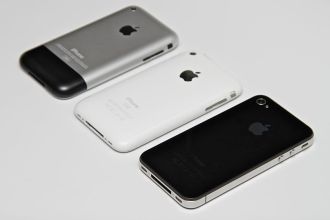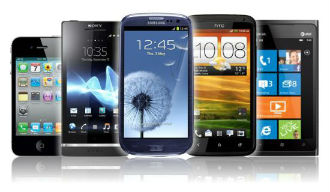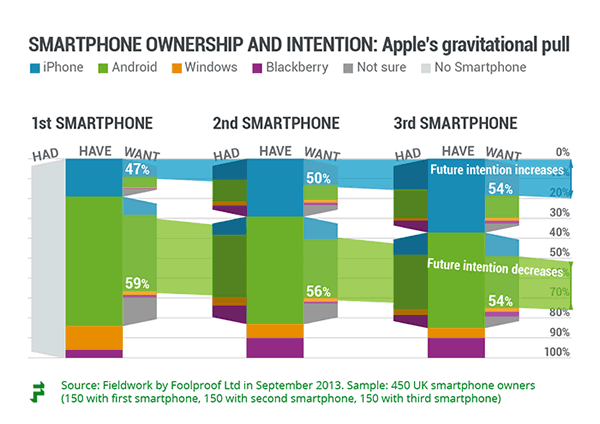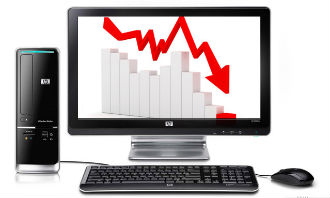 Research from IDC suggests that your average smartphone shopper is smarter than your average bear.
Research from IDC suggests that your average smartphone shopper is smarter than your average bear.
And smartphones are turning out to be a bit of a nightmare for your average high street shop.
IDC analysed app and mobile of over 10,000 smartphone users during the holiday season.
One in three of the people IDC surveyed said they bought more online than from bricks and mortar outfits in the season, compared to the same period the year before.
Amazon did particularly well out of the trend.
Of those that were surveyed, 69 percent believed that smartphones were critical tools when you’re out shopping. And 70 percent said they’d use their smartphones more in the future.
Five out of 10 people check reviews from their smartphones and shoppers tend to trust social networks for views.
IDC’s results were born out by Dan Wagner, founder and CEO of Powa Technologies. He said: “The traditional stores really need to up their game to compete in the new shopping paradigm that we are entering. Customer engagement is the key to survival in 2014, at present customers who walk through the doors of high street shops are unknown to them.
“This needs to change fast, customer engagement holds the critical path to growth in fierce market conditions. It is vital for retailers to know the buying behaviour of the person who has walked through the door: are they a loyal customer? What are they interested in? Online retailers have all this information and utilise it to engage their customers very effectively as the sales figures have born out.”
 IDC said that a billion smartphones shipped worldwide.
IDC said that a billion smartphones shipped worldwide.


















